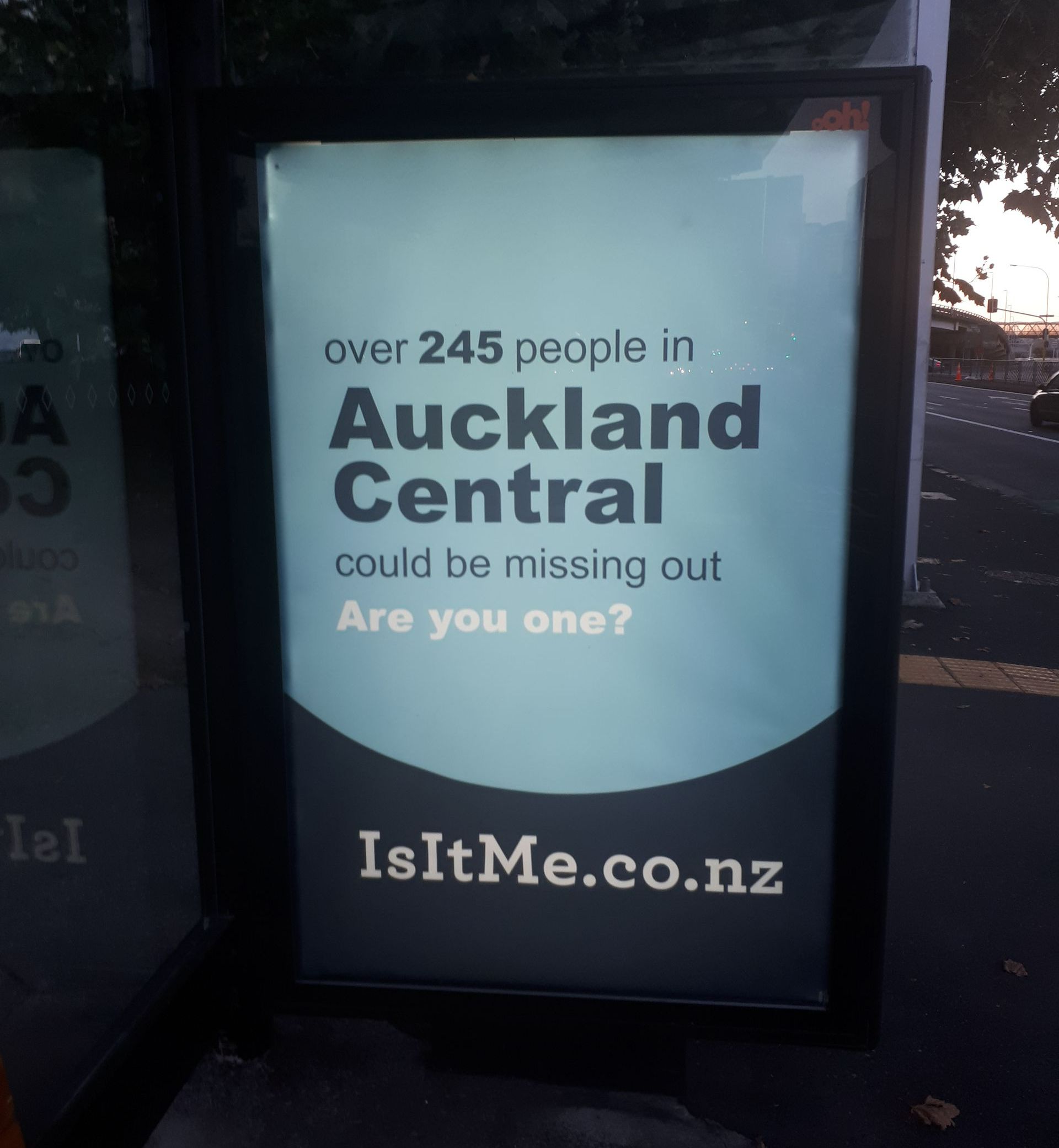What JCDecaux can do for your brand in 2 seconds
JCDecaux is one of the largest Out-of-Home businesses worldwide; in New Zealand it specialises in high quality Large Format and Airport touchpoints. JCDecaux is committed to delivering research-led validation to its partners regarding Out-of-Home effectiveness and looks for partners who can deliver neuro or behavioural methodologies that can deliver on this objective.
The Challenge
A strong believer in the use of distinctive brand codes for memorability, the New Zealand team wanted to demonstrate to partners that the use of strong branding in the out-of-home medium can increase the likelihood that their brand will spring to mind in a purchase situation. This concept, known as mental availability and infamously popularised in Byron Sharp’s book How Brands Grow, has been well proven to be the cornerstone of effective marketing.
Our key objective working with JCDecaux was to prove that Out-of-Home creative with strong brand codes could maintain or grow mental availability for brands, compared to advertising with weaker brand cues.
The Solution
We surveyed over 1,600 New Zealanders, showing people a range of Large Format ads for just two seconds each – about the length of time people typically view Out-of-Home advertising. Of the adverts shown, we were particularly interested in five brands or categories: Automotive, Banking, Beer, Energy and Bread. These were chosen to represent a range of sectors, covering faster and slower consideration categories, and less/more well-known brands.
For each of the five categories, people were randomly allocated to one of three conditions, where they saw either no advert for the brand (our baseline/control), a week brand coded advert for the brand or a strong brand coded advert.
The categories chosen were cluttered categories and the brands were not clear leaders, so the intention was to see whether we could increase mental availability for brands (vs a control group) as a result of seeing creative that used strong brand codes (and was thus memorable).
The Results
The most exciting finding is that this research reiterates that Large Format Out-of-Home advertising is effective; it increases the likelihood that your brand springs to mind in a buying situation, and that strongly branded advertising outperforms weaker branded advertising. This is regardless of whether someone recalled the advert.
The results we saw were particularly impressive when you consider that our participants saw each Large Format piece of creative just once for two seconds each, and that along with the five test brands, we included a further nine distractor adverts.
- Being seen in any capacity on Large Format, just once: 23% uplift in category mental availability compared with control group.
- Strong brand coded creative averaged 13% uplift in category mental availability compared with weakly coded creative.
- Strong brand coded creative was 31% more liked compared with weakly coded creative.
- Liked ads saw 18% uplift in category mental availability compared with disliked ads.
Here's what JCDecaux New Zealand Senior Insights and Strategy Specialist Victoria Parsons had to say about working with us:
“At JCDecaux, we believe advertising ‘works’ through building memory structures that consumers call on in a buying situation. Large Format, as a commanding, visual channel, is an ideal media to deliver simple, emotive and memorable campaigns – however, unless these campaigns are correctly linked to the brand in question, they do not deliver commercial outcomes. The use of distinctive brand codes, that consumers instinctively recognise, helps in this challenge. We know brand codes deliver effective outcomes for brands however being able to put specific numbers on the impact strongly coded Out-of-Home creative has on mental availability – when shown just one ad for two seconds – is extremely useful. NeuroSpot was a pleasure to work with on this project – their methodology was clever and enabled us to have results that were easy to communicate to our partners - their insight and judgement have been instrumental in this project being noted by the marketing industry in NZ and abroad. We are scoping our next project together to continue our research in this theme".




